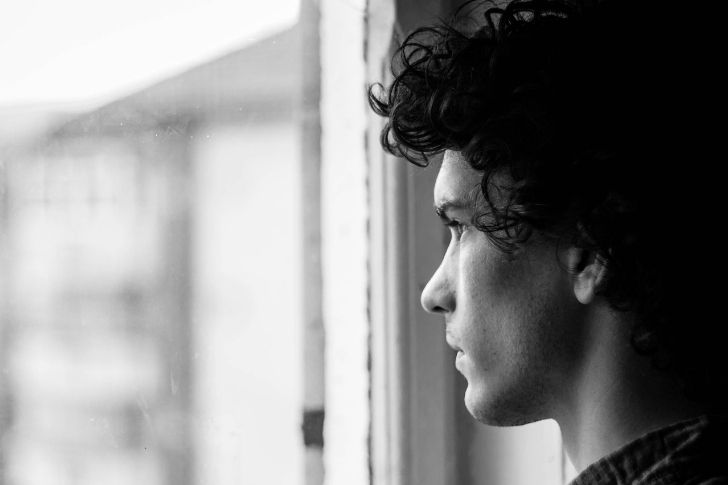Effects Of Social Media On Mental Health
We, humans, are social by nature. We need companionship and communication to thrive. Being connected to other people has a vital role in our daily lives, especially regarding our emotional and mental health.
Nowadays, technology bridges the gap between distance and human connection. Social media platforms such as Facebook, Messenger, Instagram, and Twitter have shaped our social lives to a certain degree. While the internet has benefits, it’s also crucial to note that our craving for human connection must be met. While technology is designed to bring people closer together, there are also disadvantages to our mental health.
Read below to learn more about what science suggests on the effects of social media on our mental well-being:
MOOD

A 2014 study credited to the researchers in Austria discovered that those who used Facebook for 20 minutes reported having lower moods than those who just browsed the internet. According to a research group from the University of California, moods, whether bad or good, usually spread between people on different social media sites. They also determined that one negative post by someone can influence another.
STRESS

We’re all guilty when it comes to venting on social media. While we vent about almost everything, from costly electricity bills to poor customer service, this also feeds stress to other people who read our posts. Researchers at the Pew Research Center in Washington DC discovered that out of 1,800 participants, women reported more stress than men. It was correlated with using Twitter because it increased their awareness of other people’s stress.
SLEEP
The blue light, which is emitted by laptop and smartphone screens, is said to inhibit the body’s production of melatonin, a hormone that facilitates sleep. For instance, if you lie on your bed at night while surfing the internet or browsing your Facebook, you’re headed for restless slumber. The researchers also found out that our devices’ bright lights can delay circadian rhythms, affecting our overall sleep. To prevent paying hefty hospitalization bills and insurance, we should all give importance to our sleep patterns to avoid future health problems — which means less Facebook, more sleep!
ANXIETY
Unfortunately, anxiety is reportedly linked to social media use. Another study credited to the journal Computers and Human Behaviour discovered that people who use seven or more social media sites were three times more likely to have high levels of general anxiety symptoms than people using only 1 or 2 sites. A different study at Babes-Bolyai University in Romania reviewed the correlation between anxiety and social networking but revealed that more research still needs to be done.
SELF-ESTEEM
This section particularly refers to women. Due to the rise of photoshopped models and online magazines, there have been reports that social media has been stirring up a low degree of self-esteem among young women. A study of 1,500 people by disability charity Scope revealed that social media platforms make more than half of users feel inadequate. At the same time, half of 18- to 34-year-olds shared that social media sites make them feel unattractive. Research from Ohio University, the University of Iowa, and the University of Strathclyde also discovered that women compare themselves to other women’s selfies negatively. In other words, women are insecure about social media’s standard of attractiveness.
WELL-BEING

In a study from 2013, researchers found out that the more time people spent on the site, the more their life satisfaction declined, and the worse they felt later on. Marketing researchers Eva Buechel and Jonah Berger concluded that those individuals who are emotionally unstable are more likely to publish their emotions on social media platforms, which can help them bounce back after negative experiences and receive emotional support. A study in the Netherlands suggested that social media has a negative impact on the well-being of those who are socially isolated.

Recent Comments